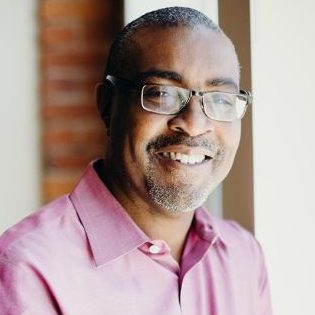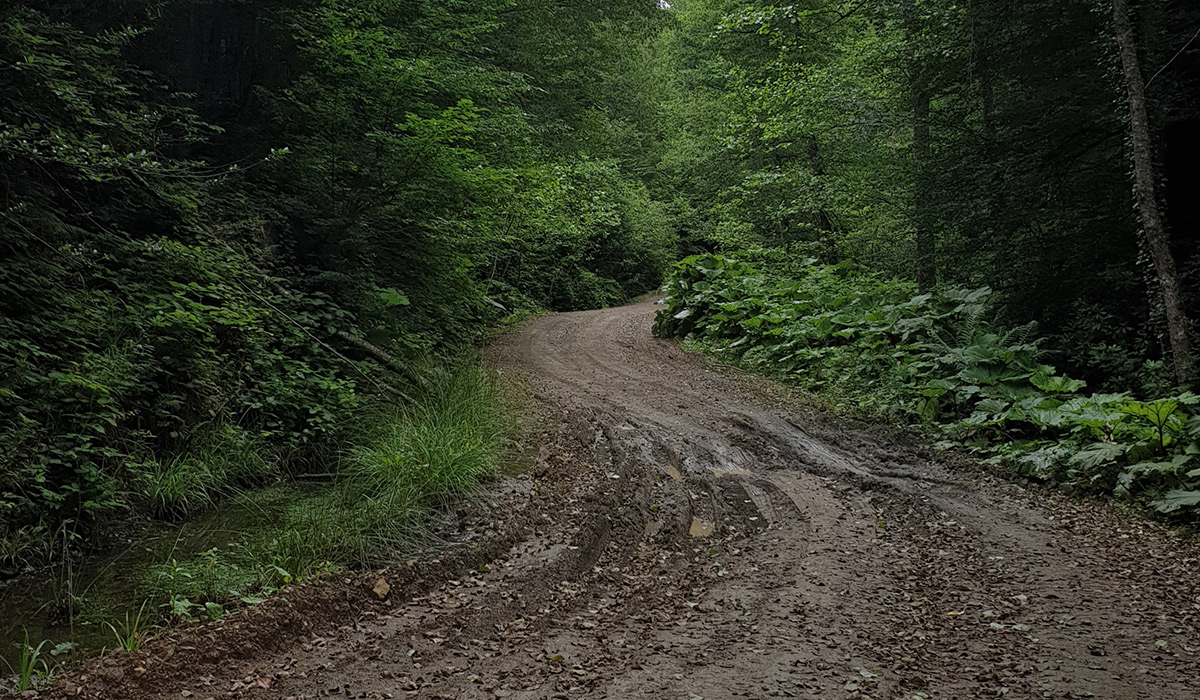It is difficult for me to separate the deep hurt from watching George Floyd die from that of the generations of hurts mingled together of black and brown bodies who have died for no good reason. I want to be clear: there is no less pain when black and brown bodies harm each other, or when a pandemic affects black lives in disproportionate numbers. However, it is particularly egregious when the loss of life comes at the hands of those who we are told to trust and respect as servants of the law. Moreover, when the plea “I can’t breathe” resounds in our ears, we can’t help but feel unheard and that little has changed. It undercuts our trust in the social contract, the belief that black and brown people will be treated with justice. It tears and unravels the social fabric for us all.
This, of course, is not the first time I have been overwhelmed with grief as I mourn the senseless deaths of black men and women. One moment comes to my mind quite poignantly, as it links the past and the present. In 2015, I traveled with my wife to Montgomery, Alabama to be in conversations with a mixed-race group about racial trauma and incarceration. One afternoon we were asked to travel to the site of a lynching in Elmore County in the town of Wetumpka that occurred on June 17th, 1898. I found myself overcome with grief, on my knees in the dirt filling two-gallon jars with the brown and grey clay of Alabama soil. We filled four jars, each stenciled with a name, a city, and a date. The names belonged to the four black men lynched together that day.
A hundred and seventeen years later, we had traveled to Wetumpka, Alabama to remember and honor these men whose lives were taken for unknown reasons. The remembering of these men was both an act of defiance and reverence, linking them to us, as we sang, prayed, and cried for Ham Thompson, Reese Thompson, Louis Spier, and Solomon Jackson.
Those four names are joined by more each day, and were preceded by millions before them. The names stretch out and feel endless as we attempt to remember them, know their lives, and honor their stories…Ahmaud Arbery, Breonna Taylor, Tony McDade, and George Floyd.
As someone who studies change, I know that some change can only come from disruption and disorder. While I do not condone or support violent expressions, I understand the need to re-affirm that the killings must stop. I was struck by the words of Max Bailey, a protester in Denver: “If you can tell me something better for me to do—if you can tell me a way that we could change the world without trying to make noise like that, then I’ll get out of the streets” (CNN, Madeline Holcomb, 2020).
The tragedy is that we have yet to find the ways to make for justice and peace. None of us—conservative, progressive, or anywhere in between—can fully answer the question of how to find justice and peace for a nation toiling with its original sin of slavery.
To call for peace without justice mutes the message of Jesus, decontextualizing the violence his body suffered and abstracting the tree he hung on, cheapens grace. Our hope is not in that Jesus escaped the humiliation, torture, and death, but that his death wasn’t the end of the story. Death will not be the end of our story.
Now, we have hard work in front of us. As a nation, we are at a crossroads. The status of our mistrust and divisions will tear us apart and we will not recover. This society will not hold together through coercion nor anarchy, but only through the rebuilding of trust. This means enemies must begin to hear truths from each other, and consistent action must be taken to lower the threat of harm to each other. There must be those who hold the center ground, those who can mediate a different relationship, those who can help us see past the splitting, those who offer a different love. We must be those who hear the gospel of Jesus as both a message of justice and grace.
We know that justice is not ultimately found in the streets. This is about being heard and being tired in the worst expressions of our trauma and rage.
The system will only change with the engagement of former combatants, those who believe that their very existence is linked together.
When I came to this little school, my hope was that we would come to see our mission as more than training people to be therapists, pastors, social entrepreneurs, and artists. My hope was that we might learn to equip people to become agents of change—leaders in a movement through transforming relationships and mending society. My hope is that we might train people to serve others in healing their trauma—not just from their own life and story, but the generational trauma carried in and between their bodies. I believe in this mission and have hope for the mending and re-weaving of the fabric of society.
This is an extension of our mission into the world: serving God and neighbor through transforming relationships.
May we be people of faith who do justice, love mercy, and walk humbly with our God. May our prayers not only be words—may our prayers move into our hands and feet in service to our neighbor. May our cries for justice extend into our relationships and the fabric of our communities.


